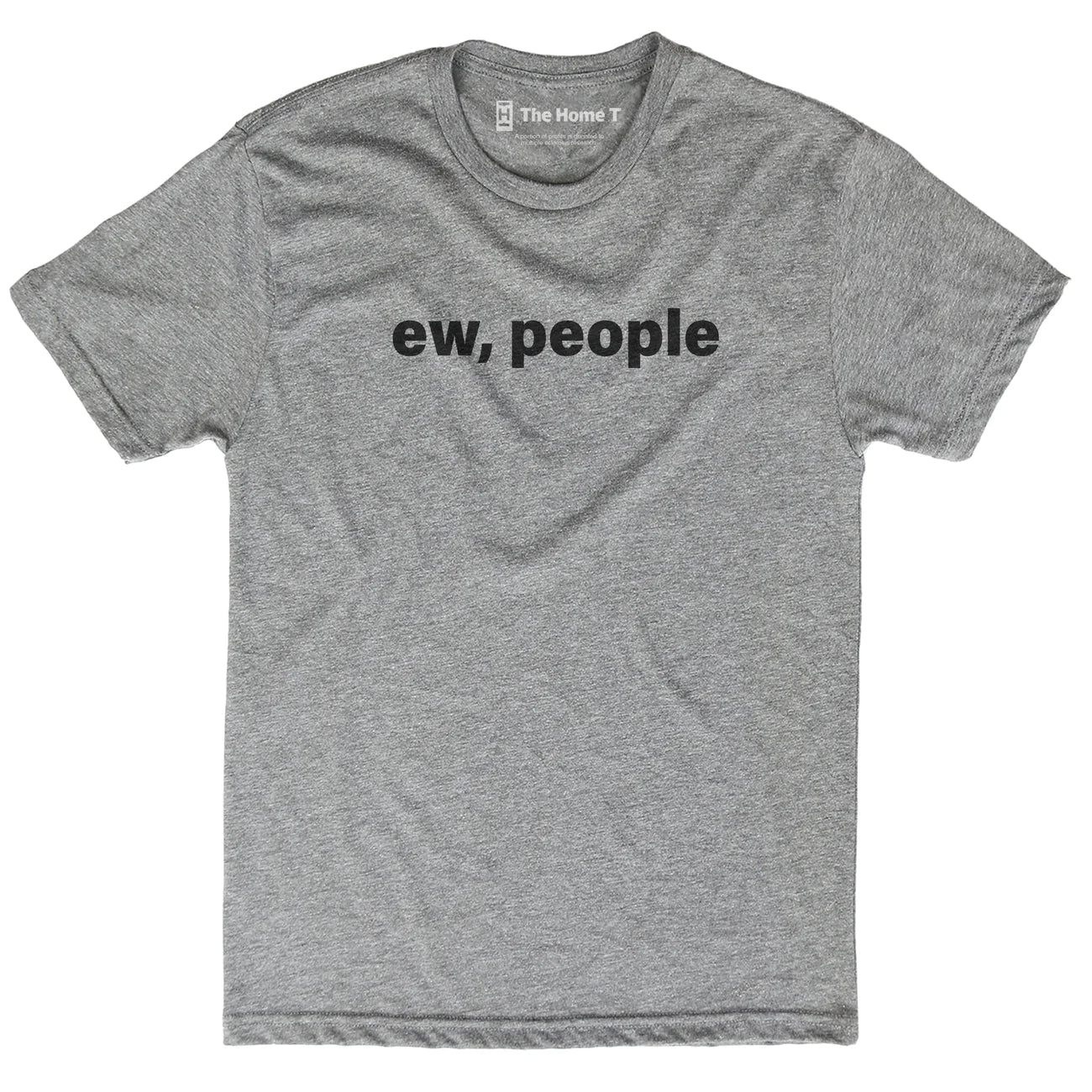Have you ever heard someone say "ew people" and wondered what they meant by it? If you're a fan of the hit show Schitt's Creek, you may have come across the phrase "ew, David," which has become a famous catchphrase among fans of the show. But where did this phrase come from and what does it mean? In this blog post, we'll explore the origins and meaning of "ew people" and consider whether or not it's appropriate to use in everyday conversation.
First, let's look at the origins of the "ew people" phrase. "Ew, David" originated from the character David Rose, played by actor Dan Levy, on the show Schitt's Creek. David is known for his sarcastic and snarky personality, and the phrase "ew, David" is often used by other characters on the show to mock or dismiss him. The phrase has become so popular that it's even been turned into merchandise, with t-shirts, hats, and other items bearing the phrase "ew, David" available for purchase.
But "ew people" isn't just a catchphrase from a TV show. It's also a phrase that's been adopted by many people in everyday conversation, often used as a playful way to mock or dismiss someone or something. For example, someone might say "ew people" when they see someone doing something they find annoying or ridiculous. It's a way of expressing distaste or disapproval without being too serious or confrontational.
So is it okay to use "ew people" in everyday conversation? It's important to consider the context in which the phrase is used and the person you're speaking to. Some people might find the phrase harmless and humorous, while others might take offense to it. It's always a good idea to be mindful of other people's feelings and think before speaking.
If you're considering using the phrase, it's essential to think whether or not it's appropriate in the context of your conversation. For example, using the phrase with friends or in a casual setting might be okay, but it might not be appropriate to use it in a professional setting or with someone you don't know well. It's also important to consider the tone of your conversation. If you're using it in a sarcastic or mocking tone, it might come across as mean-spirited or rude.
In conclusion, the phrase "ew people" has its origins in the hit show Schitt's Creek and has been adopted by many people in everyday conversation. While it can be used playfully or humorously, it's important to consider the context and tone of your conversation before using it. It's always a good idea to be mindful of other people's feelings and think before speaking.





